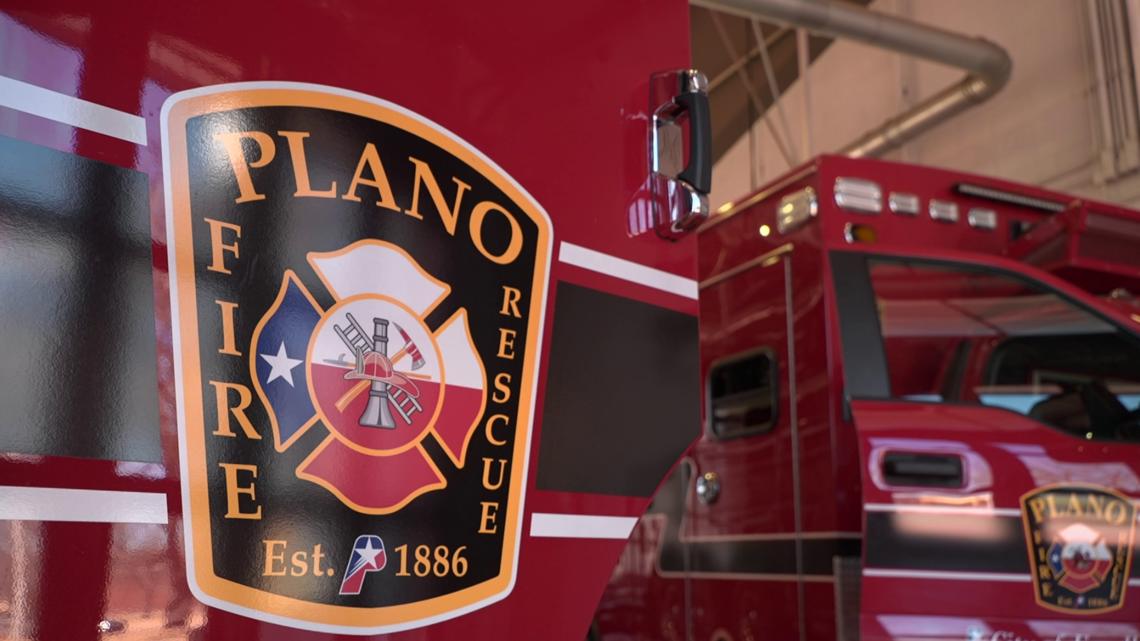Tuesday night, Plano Fire-Rescue entered a contract to become the first paid fire department in Texas to adopt a 24/72 shift schedule.
PLANO, Texas — A big change is coming to how firefighters work at one North Texas department.
The Plano City Council approved a new 24/72 shift schedule for Plano Fire-Rescue’s (PFR) firefighters Tuesday night. Under the new contract, firefighters will work for 24 hours, followed by 72 hours off — a first-of-its-kind shift for a paid department in Texas.
“This is an important shift,” said Mayor John Muns during Tuesday’s vote, which passed 8-0.
According to the new contract, the new shift won’t go into effect until 2029. In the meantime, PFR will hire 22 additional firefighters annually for the next five years to account for the eventual change. Until the four-year mark of the new agreement, Plano firefighters will remain on their current 24/48 schedule.
For months, the Plano Firefighters Association has pushed for a change to the shift schedule. The original proposal was for a 48/96 schedule, but in the end, the numbers ended up the same — 48 more hours off the job than on it for Plano firefighters.
First responders nationwide face rising rates of PTSD, depression, suicide, and substance abuse. Plano leaders believe this new schedule will help address those challenges by reducing the average firefighter’s workweek from 56 hours to 42.
“This gives your body a chance to physically and mentally come back to a more normal range,” said Chief Chris Biggerstaff.
According to a release from the City of Plano, PFR has seen a 30% increase in calls over the past decade. The new schedule would cut firefighters’ time on duty by 25%, granting ” lowered exposure to toxins and traumatic incidents, as well as added recovery time for mental and physical rest,” according to Plano officials.
The City claims Plano Fire-Rescue has seen a 300% increase in applications since the 24/72 shift schedule was proposed.
“We’re all competing for a smaller pool of talented firefighters, paramedics, and EMTS.” Brad McCutcheon, President of the Firefighters Association, said. “We think this is going to have a pretty seismic impact on the North Texas fire service.”

